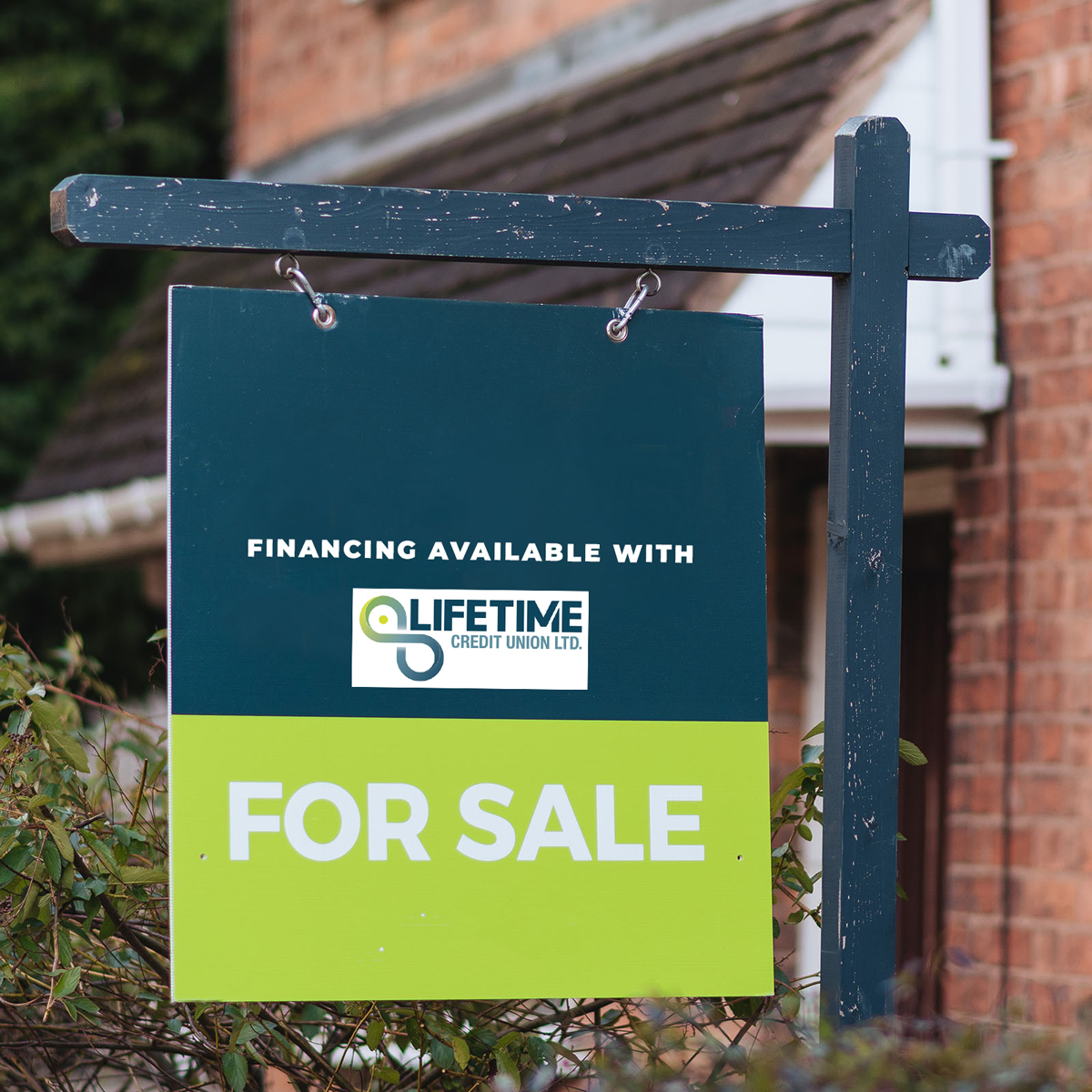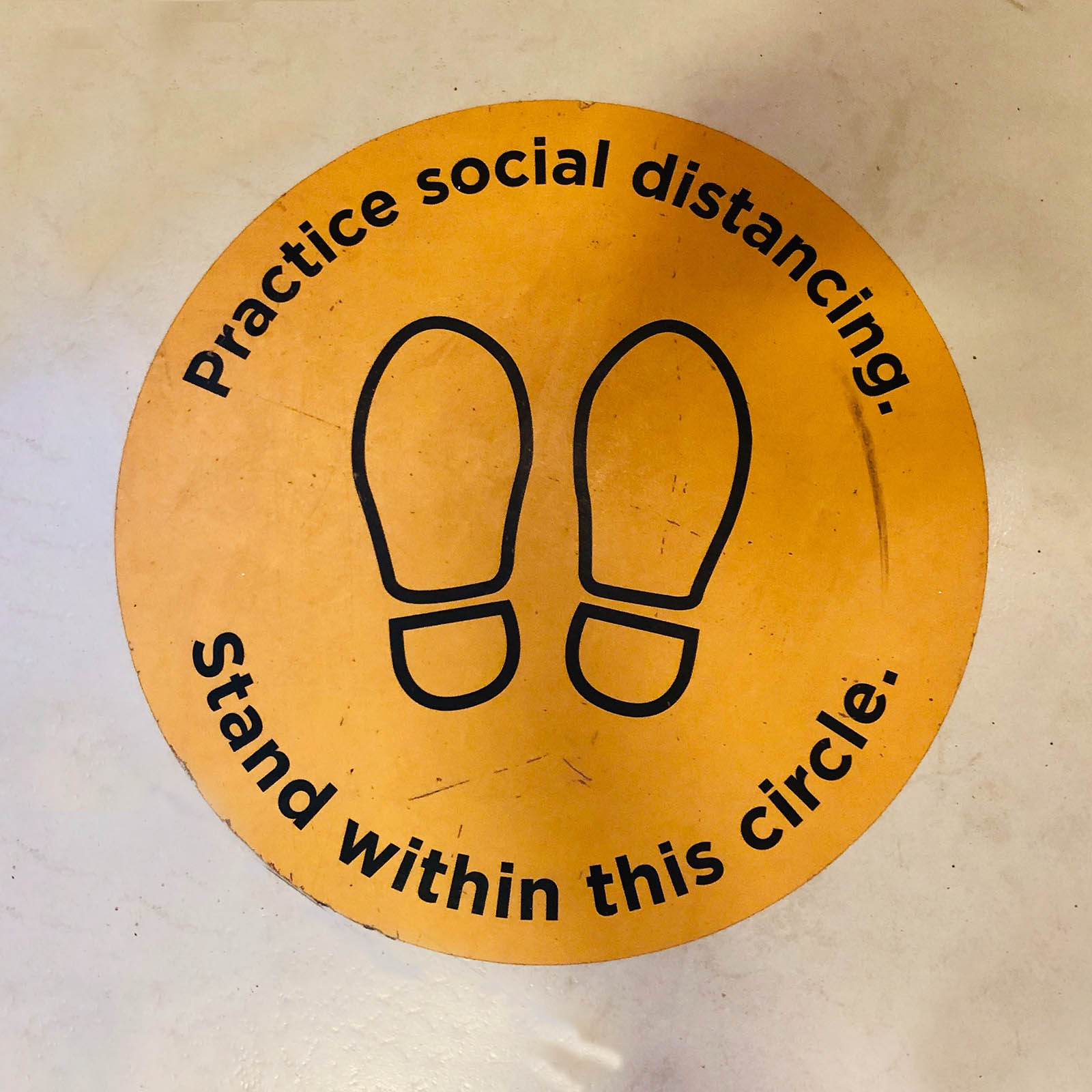Let’s begin by setting your expectations and keeping things real; we’re a responsible financial institution, and that means we’re not in the business of advising members to spend casually. A dream car, in fact, any car, is something you work towards. You don’t go out to lunch and buy one because your cousin’s wedding is next week, and you want to impress his best friend.
With that said, here are some tips that we’ve put together after many years of putting our members in the driver’s seat.
Know your budget. This includes knowing how you intend to pay for your car. If you are buying a new car, you will probably need financial help. If this is the case, keep in mind that a car loan may affect other aspects of your life. You may not eat out as often as before or take an annual trip to visit your favourite aunt in England. It will also affect how much you can continue to save. Our position on this is that you don’t stop saving while you are paying back your car loan. You will have other goals, and life will go on. Let the loan fit into your life, not the other way around.
You may also decide to buy a used car, and we will talk a little more about that later. For now, let’s remember that some used vehicles you will want to pay for in cash. If this is the case, you would’ve been saving up for the purchase. This is a valid option if you are considering an older model. Keep in mind that most cars are built to run for over 100, 000 miles. With good maintenance, a used car will still have plenty of miles* in it.
Avoid impulse buying. This is something that you will hear from us often.
A good rule of thumb is that if you have to convince yourself repeatedly that you should buy something, it’s not a good sign. It usually means you have some unanswered questions, and you’re trying to talk yourself into it. Take the time to consult with people that you trust before you go any further.
Consider all of the costs involved in the purchase. Ask any car owner, and they will tell you that a car costs a lot more than the sale price. Consider the recurring expenses; of course, you will have to pay for insurance, gas, and maintenance and parts; but don’t forget about things like cleaning and parking fees. And there will also be mishaps like dinged doors in parking lots and lost keys. Your insurance won’t cover that.
When buying a used car, move with a mechanic. Your relatives and friends who know “a lot ’bout cars” may be well-intentioned, but may not be much help four months later when your engine dies on the ride back from the supermarket.
The investment in having a mechanic check out your brand new used-car will pay for itself many times over.
Always test drive the car; try it on to see how it fits.
A test drive is how you introduce yourself to your new ride. During your test drive, among other things, ask yourself. Can I reach the pedals and maintain a good view of my surroundings? Do I understand these controls? Do I have enough trunk space?
Steady your racing heart
In closing, remember, that we tend to overlook the basic things when our focus is on the shiny object. To avoid these distractions, budget, research, plan and then do some more research. Settle on a car that fits your budget and matches your personality. Ask for help, from financial experts, mechanics and people who have been through this before.
Make it personal
Here are two final thoughts; have fun, you don’t want to start this long term relationship in a fit of stress. And give your new car a nickname, Betsy’s already taken.
*You may not believe it, but there are plenty of cars that have over one million miles on them. Ask Google and see “cars with one million miles”.














